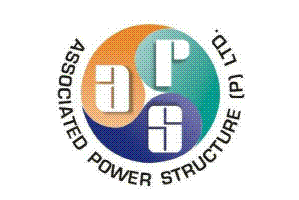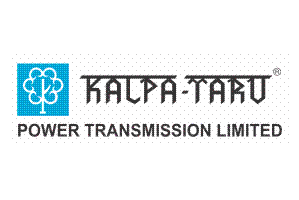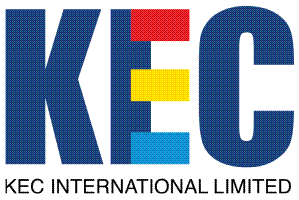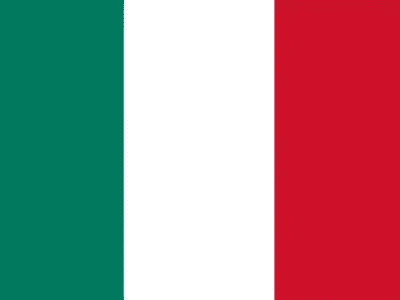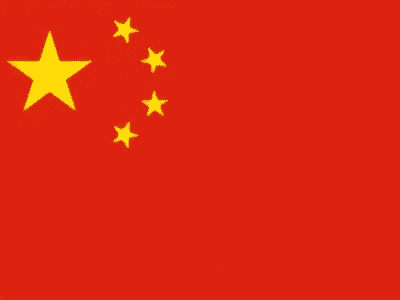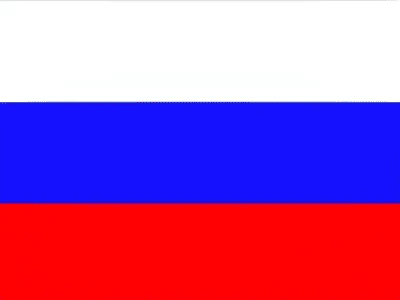In a country like India, where there are many languages spoken, having the best translation service is important. India has 22 languages recognized by the government, 15 different ways of writing, and lots of local languages.
Some might say that people in India are already good at translation because they often speak more than one language. It’s like a part of their daily life.
Translation has played a big role in making India a united nation. Even now, when we talk to someone who speaks a different language, we naturally translate in our minds to understand each other better.
What Impact Does Translation Have On Indian Mythology And Culture?
Impact of translation on Indian mythology and culture of the country:-
In the past, many of our early writers were also translators. They laid the groundwork for Indian literature by freely translating and adapting epics like the Ramayana and Mahabharata. Until the eighteenth century, our literature mainly consisted of translations, adaptations, interpretations, and retellings.
Translations of literary works and knowledge from languages like Sanskrit, Pali, Prakrit, Persian, and Arabic have long played a crucial role in keeping our cultural scene lively and expanding our understanding of the world.
Most of our ancient writers were skilled in multiple languages. For example, Kalidasa’s Shakuntala includes both Sanskrit and Prakrit languages, and poets like Vidyapati, Kabir, Meera Bai, Guru Nanak, Namdev, and others wrote songs and poems in various languages.
How Has Translation Helped in the Diversity of India?
Translation has played a crucial role in uniting India throughout its history. It has bridged languages and cultures, bringing different ways of thinking and regional traditions closer together. This connection has linked communities and places across the country.
Without translation and its innate goal of integration, concepts like “Indian literature,” “Indian culture,” “Indian philosophy,” and “Indian knowledge systems” would have been hard to imagine. Translation has been the key to understanding and appreciating the diverse richness of India’s heritage and intellectual traditions.
What Advantages of Translation Holds for Democracy And The Colonial Era?
The main benefits of translation in democracy and the colonial period were:
Translation helps share ideas and experiences in different languages, making them understandable despite differences. This supports democracy by treating all languages equally and challenging the dominance of some over others. It also allows less powerful groups, like the poor, women, minorities, and others, to have their voices heard by speaking in their languages, which are then translated into more widely understood languages.
Translation also fights against the losses caused by colonialism. For example, by translating our literature and knowledge into English, we show that the colonizers aren’t superior to us. We have a rich tradition of research and writing. This allows us to share our perspectives and cultures, correcting the biased views that the British had about India. In the past, the British only translated what suited their interests.
What are some translation-related fields that require translation?
Following are some of these locations and professions:-
- Literary translation:
There are many institutions, both in India and internationally, dedicated to the field of translation. Translating literature from one Indian language to another is seen as beneficial in many ways. Organizations like the National Book Trust, the Sahitya Academy, local literary groups, and publishing companies that produce books in both English and other languages actively seek skilled translators.
Young non-resident Indians who may not speak their native languages are eager to read literature translated into languages they understand. Similarly, foreign readers want to know more about Indian literature. This growing interest has been supported by literary festivals worldwide, from Berlin to Jaipur, and annual book fairs in Frankfurt, Paris, London, Bologna, Abu Dhabi, and more.
To address this increasing interest, the Indian government has established the Indian Literature Abroad (ILA) mission. Big publishers in India like Penguin, Macmillan, Orient Longman, Oxford University Press, Harper-Collins, and Hatchett, and smaller ones, actively promote the translation of literary and scholarly works.
- Knowledge Translation:
The National Translation Mission, proposed by the National Knowledge Commission, has a goal: to translate important books and textbooks in subjects such as sociology, history, geography, geology, medicine, chemistry, physics, mathematics, linguistics, and political science into Indian languages. This aims to improve the quality of education by providing materials in mother tongues and making knowledge that’s currently only available in English more accessible.
However, there’s a problem: there aren’t enough skilled translators who can translate from English into all the different Indian languages, as pointed out by the Commission. This shortage needs to be addressed to fulfill the mission’s objectives effectively.
- Media Translation:
There is a high demand for translators who can work across various media platforms such as print, electronic, visual, and auditory media. This includes newspapers, magazines, radio, television, and the film industry. There’s a constant need to translate news articles, serials, film scripts, and television programs quickly while ensuring clarity.
Many media outlets publish papers and journals and operate television channels in multiple languages simultaneously. So, translators are needed to keep up with this demand. Additionally, translators need to be in areas like dubbing and subtitling for films and television shows.
Let’s conclude now….
Translation plays a vital role in enriching native literature and knowledge by bringing a wealth of diverse literature and cultures into our languages.
By translating masterpieces from both Indian and foreign languages, we enhance our literature and raise our writing standards. Translating works of great writers such as Shakespeare, Homer, Dante, Vyasa, Valmiki, Kalidasa, Bhasa, Tolstoy, Dostoevsky, Kafka, Beckett, Lorca, and Eliot contributes to this enrichment.
These interactions between different literary traditions also spark new movements and trends. We live in an era where translation is central, and the opportunities for translators are constantly growing.
Join us at La Classe translation services today to discuss your translation needs and get a free estimate. Experience the impact of effective communication and translation with our exceptional translators at La Classe.





